When it comes to investing, understanding potential pitfalls can save you from unexpected losses and ensure your financial journey is a smooth ride. Many new investors often overlook key factors like market volatility and company fundamentals, which can lead to costly mistakes. It's crucial to stay informed and ask the right questions along the way to navigate the complex world of investments successfully. Curious about how to steer clear of these common traps? Keep reading to uncover valuable insights!

Market Volatility
Market volatility can significantly impact investment portfolios, especially in dynamic financial landscapes like the New York Stock Exchange (NYSE). Frequent fluctuations (spanning more than 5% changes in a single day) can erode investor confidence and lead to emotional decision-making. Economic indicators, such as unemployment rates (recently around 4%), inflation (hovering near 2-3%), and geopolitical tensions (notable events include the ongoing conflict in Eastern Europe) can contribute to this uncertainty. Additionally, sectors like technology or energy can experience severe swings, with companies like Tesla or ExxonMobil showing volatility that surpasses the market average. Investors must remain vigilant, as sudden dips (the 2020 COVID market crash saw a decline of nearly 34% in just over a month) can drastically affect long-term financial strategies and risk tolerance levels.
Regulatory Changes
Regulatory changes can significantly impact investment strategies and outcomes in various sectors. For instance, new government legislation introduced in the United States may alter tax incentives for renewable energy projects, which can lead to decreased investor interest and project delays. In the pharmaceutical industry, strict FDA regulations regarding drug approvals may hinder the timeline and costs for developing new therapies. Additionally, financial regulations imposed by the European Union could affect banking operations, potentially impacting profit margins. Investors should closely monitor these evolving regulations, considering the ramifications on compliance costs, operational hurdles, and market competitiveness.
Financial Health of Investment
Investment decisions require careful evaluation of financial health indicators, including liquidity ratios, profit margins, and return on equity. A low liquidity ratio (below 1) indicates potential cash flow issues, possibly leading to challenges in meeting short-term obligations. Profit margins (i.e., net profit margin below 5%) can signal operational inefficiencies, raising concerns about overall profitability. Furthermore, a return on equity below 10% could suggest an investment lacks effective capital utilization, making it less attractive. Evaluating these financial metrics alongside conducting thorough due diligence on underlying company fundamentals and market positioning is essential for mitigating potential investment pitfalls.
Economic Indicators
Investing in volatile markets can expose investors to significant risks influenced by various economic indicators. For instance, inflation rates, measured by the Consumer Price Index (CPI), can rise unexpectedly--historically above 6% in 2022--leading to diminishing purchasing power and impacting corporate profits. Additionally, interest rates set by central banks, like the Federal Reserve's current benchmark rate of over 5%, can make borrowing more expensive, reducing consumer spending and hindering business growth. Unemployment figures, such as the rate fluctuating around 4.1% in early 2023, also reflect economic health; increasing unemployment can decrease consumer confidence and demand. Stock market volatility--exemplified by the VIX index--can indicate investor uncertainty, heightening the risk of investment losses during economic downturns. Monitoring these indicators is essential to navigate potential investment pitfalls effectively.
Diversification Strategies
Diversification strategies play a crucial role in mitigating potential investment pitfalls. The concept, applicable in various markets such as stock, bond, and real estate, promotes spreading investments across a wide range of asset classes to minimize risk. For instance, an investment portfolio may include equities from established companies in the S&P 500 (Standard & Poor's 500), government bonds, and investments in emerging markets. Historical data indicates that portfolios diversified across different sectors, like technology, healthcare, and finance, can significantly diminish volatility. Furthermore, incorporating alternative investments such as commodities (gold, silver) or real estate properties can enhance returns. Investors should be aware of potential risks, including over-concentration in specific sectors or geographic regions. Regular portfolio rebalancing (adjusting the weight of holdings) is essential to ensure alignment with market conditions and investment goals.

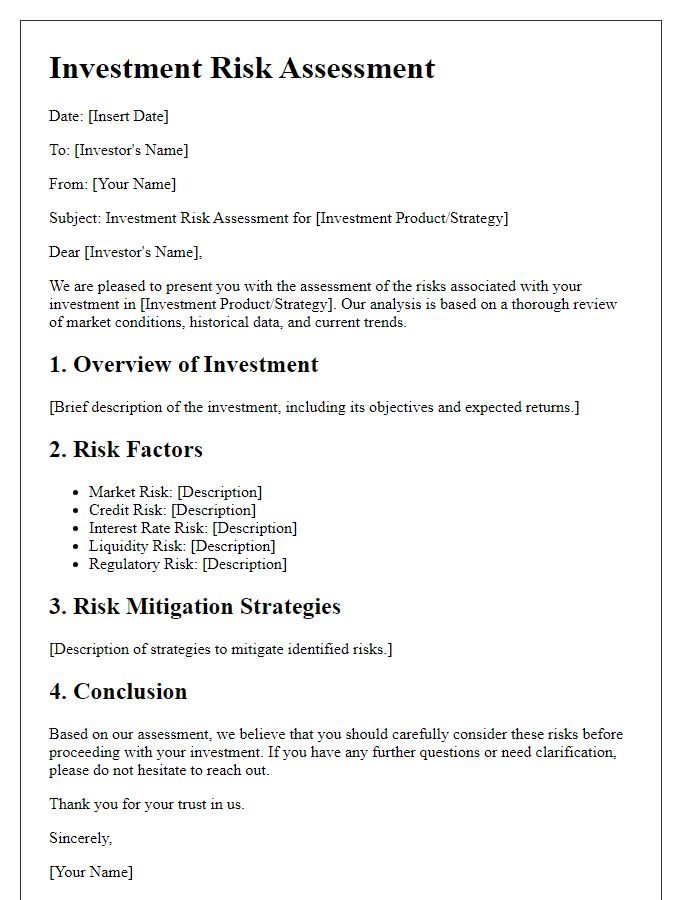
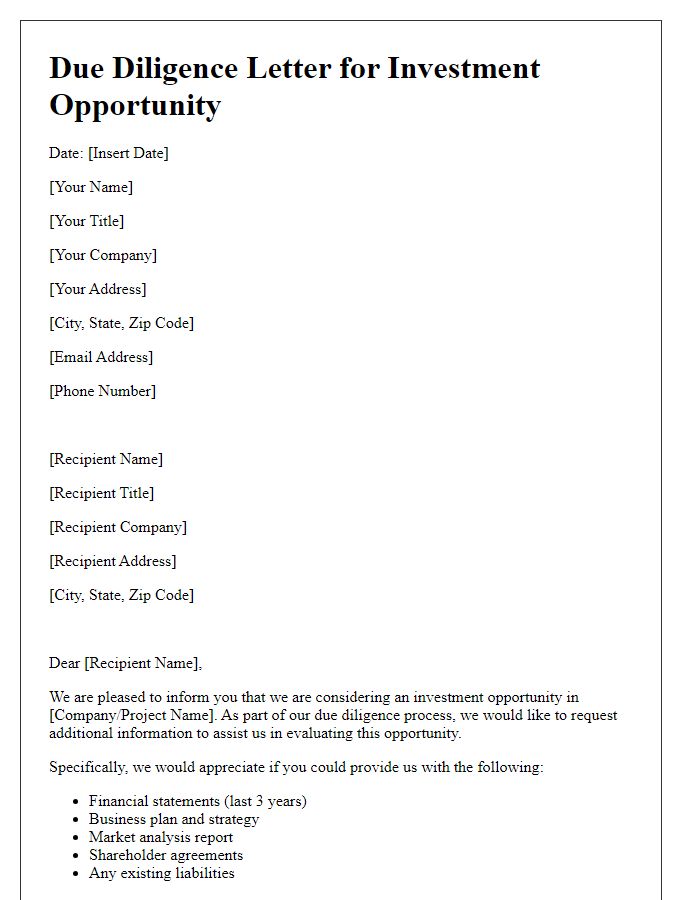
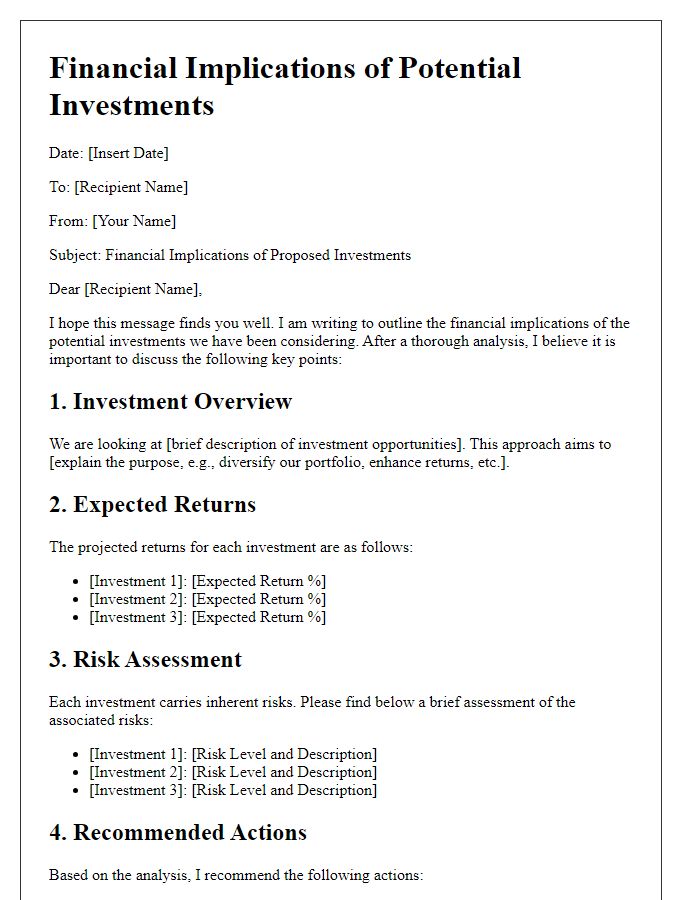
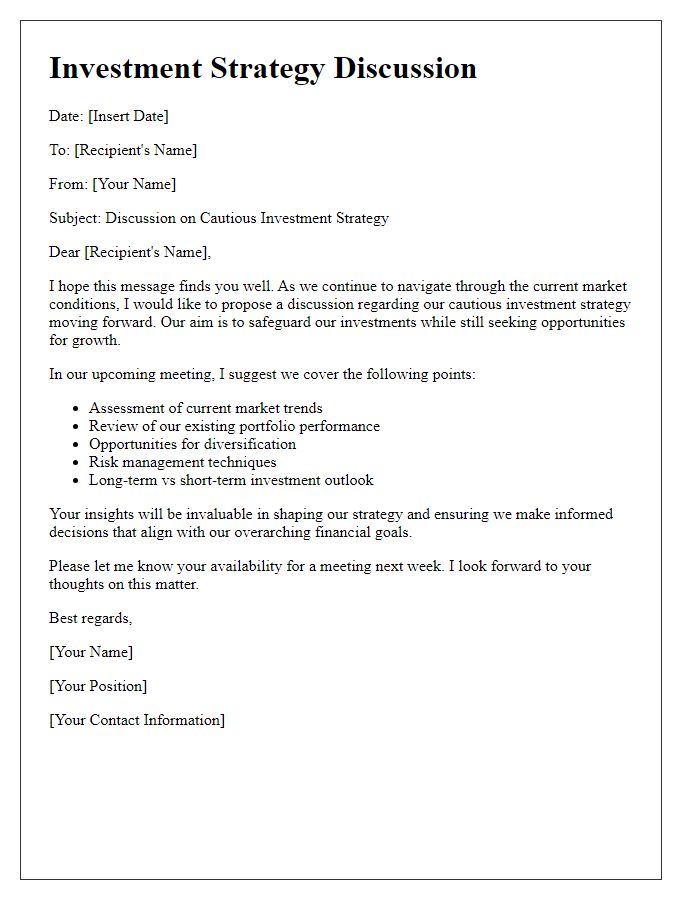

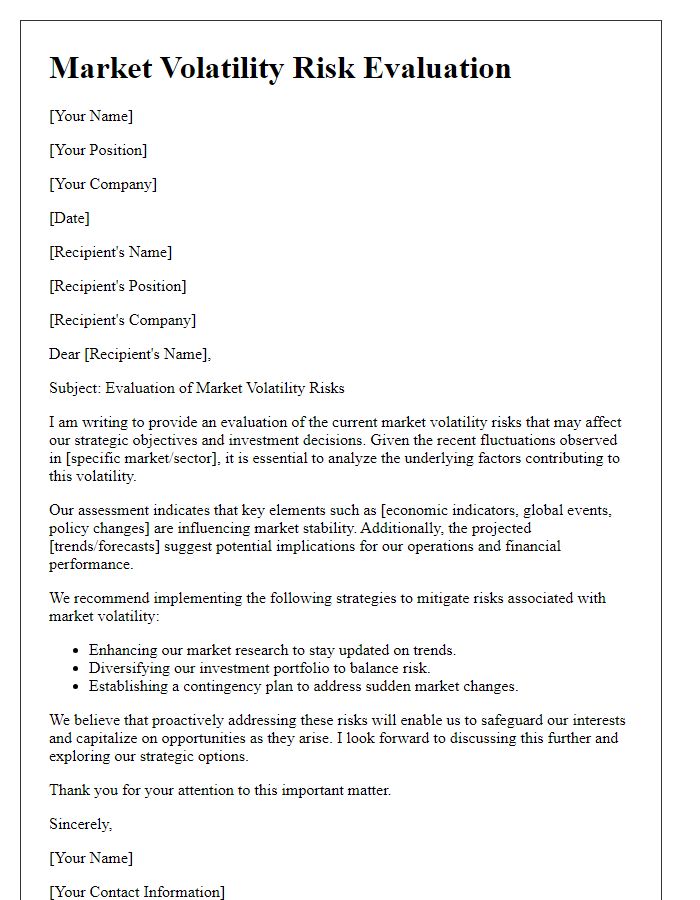
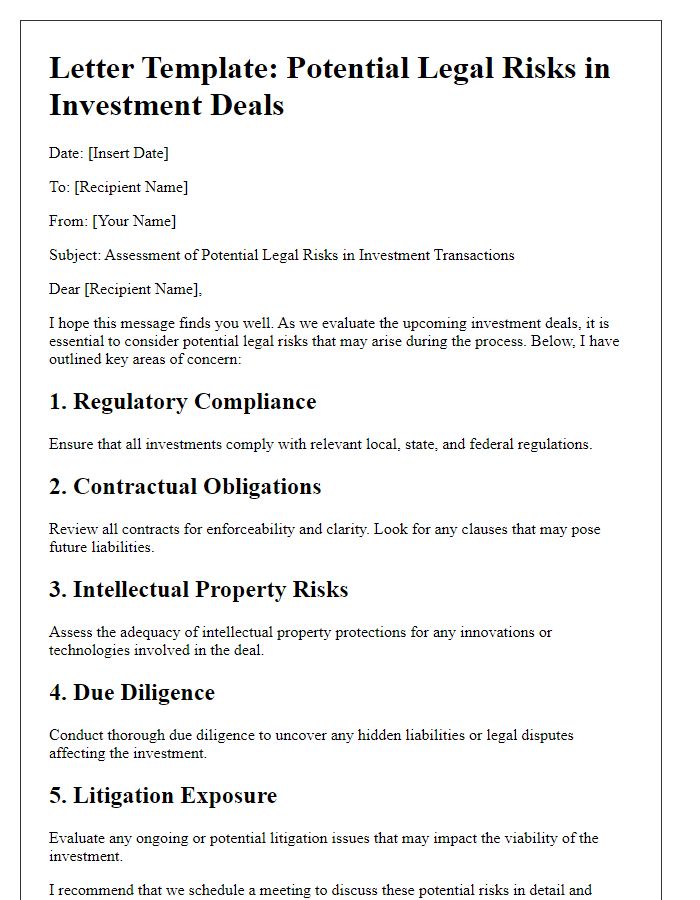
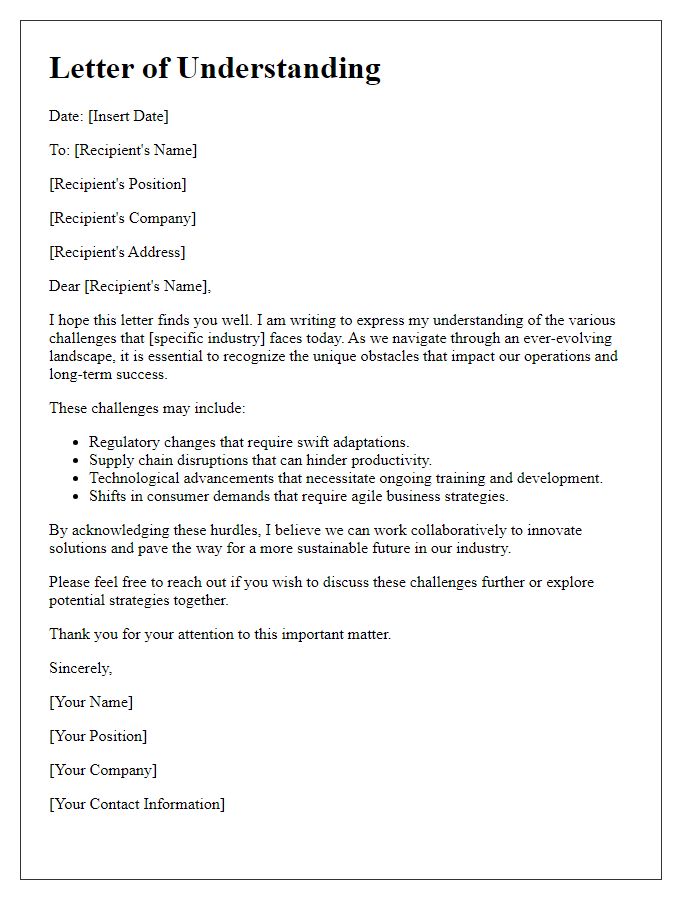
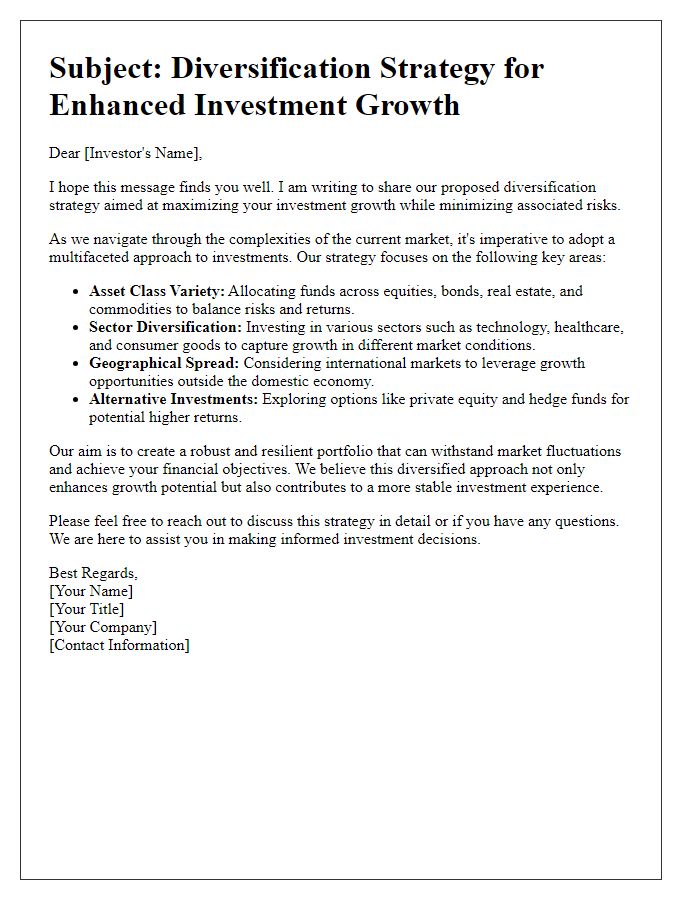
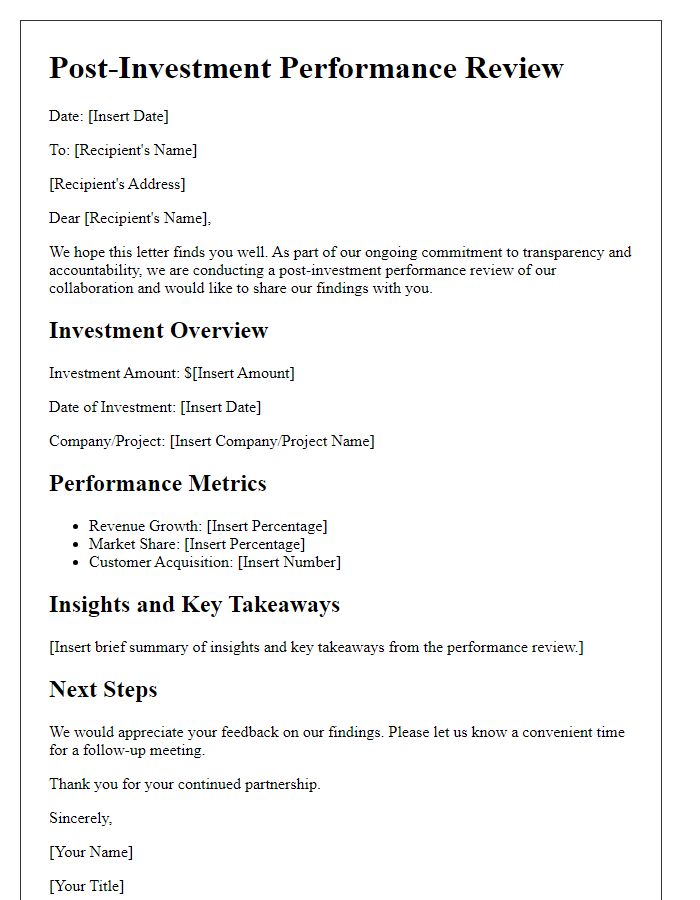


Comments